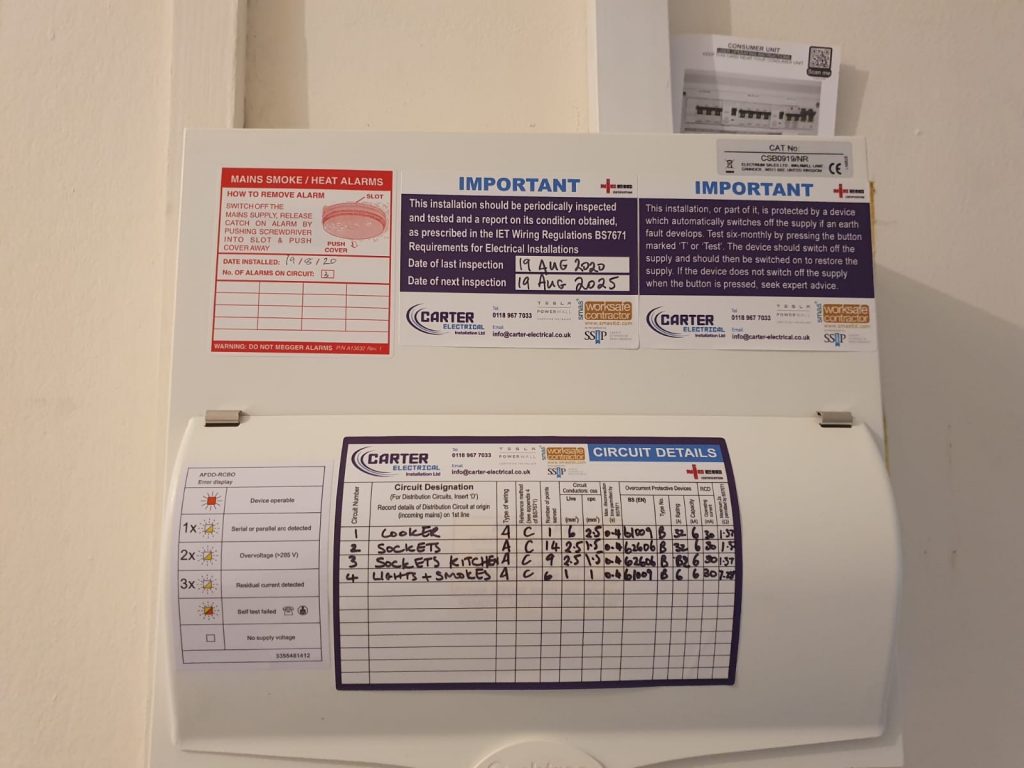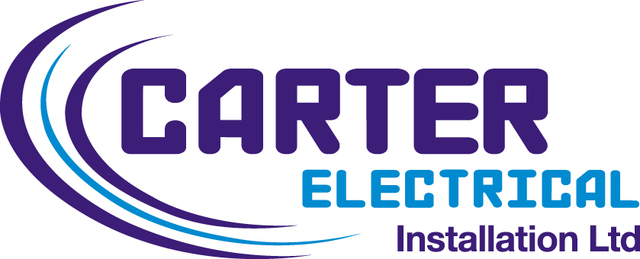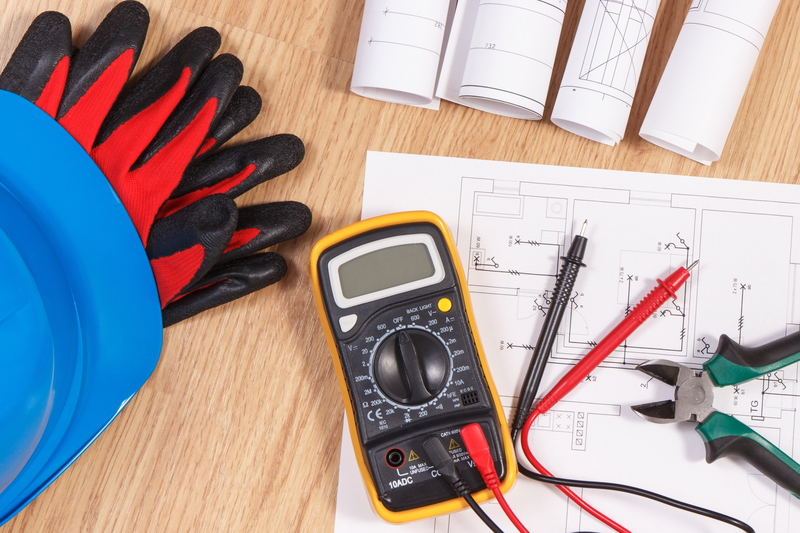New regulations introduced in June of this year require landlords to have the electrical installations in their properties inspected and tested by a person who is qualified and competent, at least every 5 years. Landlords have to provide a copy of the electrical safety report to their tenants, and to their local authority if requested. Carter Electrical have been providing this service for Landlords in the Thames Valley for over 20 years.
EICR – Electrical Installation Condition Report: This is a test of the fixed wiring in a property (i.e. anything that can’t be unplugged). If all is acceptable and safe, a certificate can be issued. If not, a report is issued, which lists any faults found. If wished, CEI can provide a quote for any remedial work required to meet certification.
This means that all landlords now have to do what good landlords already do: make sure the electrical installations in their rented properties are safe.
Carter Electrical commented “The new regulations around the rental sector are a great step forward if properly enforced, which so far they seem to be. There are a lot of landlords that are being forced to bring their properties up to standard now and provide safer living conditions for their tenants.” Carter are fully accredited by all of the industry’s regulatory bodies.
“I’ve used Carter electrical for many years to inspect the electrics in my properties. Very happy with their thoroughness and levels of service. Would highly recommend” PG-Landlord
This is a major step towards levelling up the private rented sector, making sure it will offer high-quality, safe and secure housing.
- Ensure national standards for electrical safety are met. These are set out in the 18th edition of the ‘Wiring Regulations’, which are published as British Standard 7671.
- Ensure the electrical installations in their rented properties are inspected and tested by a qualified and competent person at least every 5 years.
- Obtain a report from the person conducting the inspection and test which gives the results and sets a date for the next inspection and test.
- Supply a copy of this report to the existing tenant within 28 days of the inspection and test.
- Supply a copy of this report to a new tenant before they occupy the premises.
- Supply a copy of this report to any prospective tenant within 28 days of receiving a request for the report.
- Supply the local authority with a copy of this report within 7 days of receiving a request for a copy.
- Retain a copy of the report to give to the inspector and tester who will undertake the next inspection and test.
- Where the report shows that remedial or further investigative work is necessary, complete this work within 28 days or any shorter period if specified as necessary in the report.
- Supply written confirmation of the completion of the remedial works from the electrician to the tenant and the local authority within 28 days of completion of the works.

The regulations came into force on 1 June 2020, they apply to new tenancies from 1 July 2020 and existing tenancies from 1 April 2021. The relevant date for determining when the new requirements apply is the date on which the tenancy is granted. A new tenancy is one that was granted on or after 1 June 2020.
What will be inspected and tested?
The ‘fixed’ electrical parts of the property, like the wiring, the socket-outlets (plug sockets), the light fittings and the consumer unit (or fuse box) will be inspected. This will include permanently connected equipment such as showers and extractors.
What will happen in the inspection?
The inspection will find out if:
- any electrical installations are overloaded
- there are any potential electric shock risks and fire hazards
- there is any defective electrical work
- there is a lack of earthing or bonding – these are 2 ways of preventing electrical shocks that are built into electrical installations
What about electrical appliances like cookers, fridges, televisions etc?
The Regulations do not cover electrical appliances, only the fixed electrical installations.
We recommend that landlords regularly carry out portable appliance testing (PAT) on any electrical appliance that they provide and then supply tenants with a record of any electrical inspections carried out as good practice.
Tenants are responsible for making sure that any of their own electrical appliances are safe.

